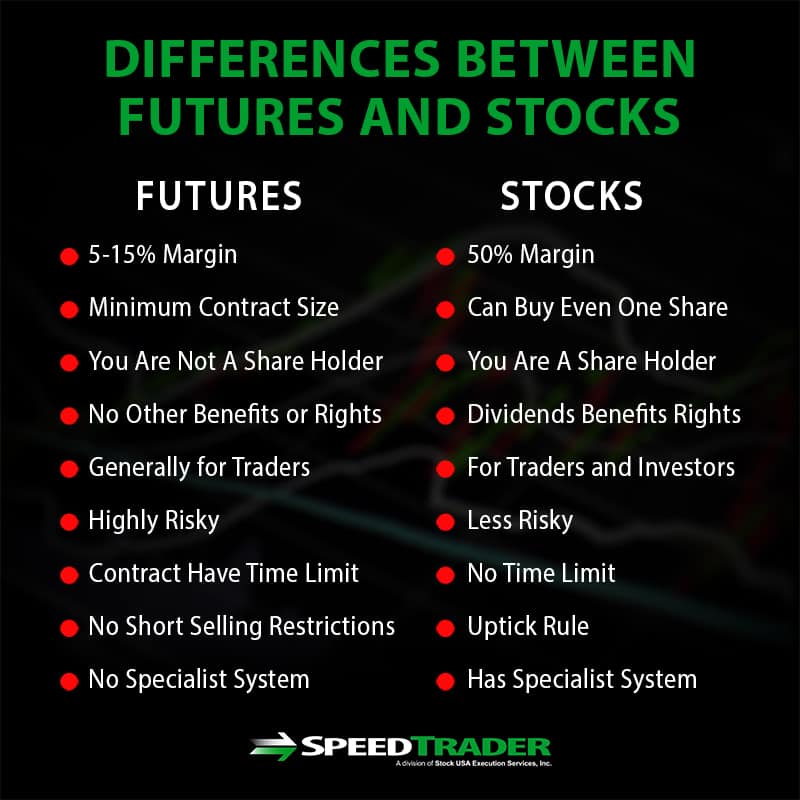Introduction
Sponsored Ads
The realm of investing offers an array of avenues for wealth creation, and among the most dynamic and alluring is the domain of stocks futures. These financial instruments provide investors with a means to speculate on the future price of stocks, opening up a world of possibilities for capital growth and risk management. This comprehensive guide delves into the intricacies of stocks futures, shedding light on their complexities and empowering you to make informed decisions in this exciting market.
In essence, stocks futures are contracts that obligate the buyer to purchase a specified number of shares of a particular stock at a predetermined price on a future date. Conversely, the seller undertakes the commitment to deliver those shares at the stipulated time. These contracts are traded on futures exchanges, providing a transparent and regulated platform for investors to speculate on the direction of stock prices.
The significance of stocks futures lies in their ability to offer:
- Leverage: Stocks futures enable investors to control a substantial number of shares with a relatively small amount of capital, magnifying potential profits while also amplifying potential losses.
- Hedging: Futures contracts can be used as a hedging tool, allowing investors to offset the risk associated with their stock portfolios by taking opposite positions in the futures market.
- Speculation: Stocks futures provide a platform for investors to speculate on the future direction of stock prices, offering the opportunity for significant gains if their predictions prove accurate.
Understanding the Mechanics of Stocks Futures
The mechanics of stocks futures involve a comprehensive set of rules and procedures that govern the trading of these contracts. These guidelines ensure a fair and orderly market environment and establish clear expectations for all participants.
The Contract Specifications
Each stocks futures contract encompasses specific attributes that define its underlying characteristics, including:
- Underlying Stock: The stock that serves as the basis for the futures contract.
- Contract Size: The number of shares represented by each futures contract (typically 100 shares).
- Expiration Date: The date on which the futures contract expires and the obligation to deliver or receive shares becomes due.
- Tick Size: The minimum price increment or decrement at which the futures contract can trade.
Trading Stocks Futures
The process of trading stocks futures involves a series of steps that connect buyers and sellers in the futures exchange.
- Placing an Order: Investors submit orders to buy or sell futures contracts through their brokers, specifying the contract specifications, price, and quantity.
- Matching Orders: The futures exchange matches buy and sell orders based on price and
